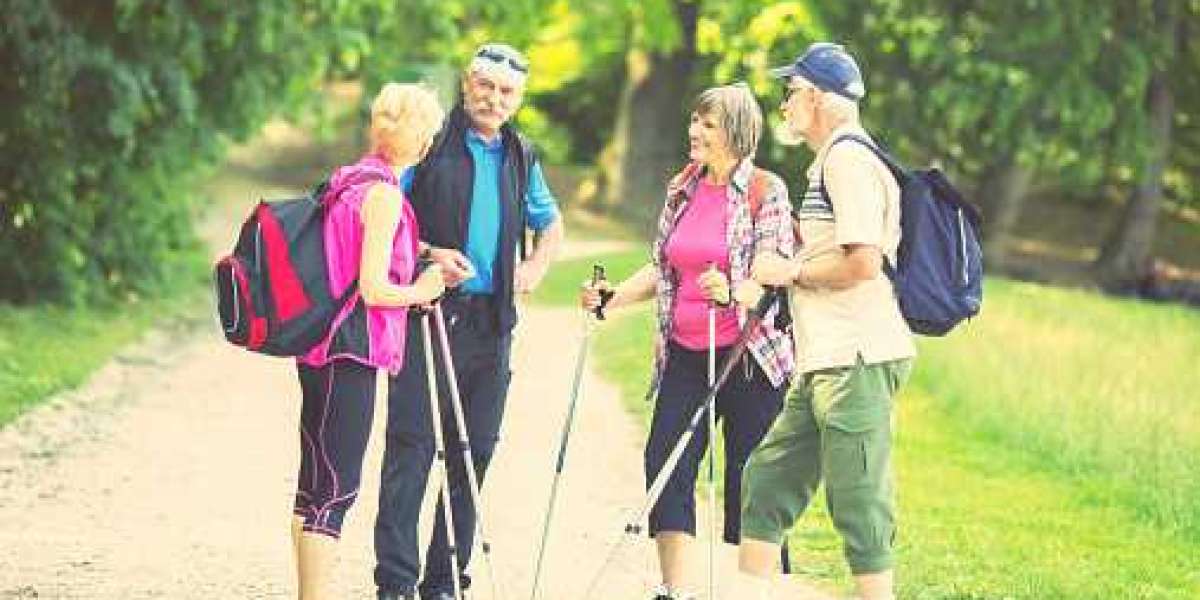Hiking is an at-your-own pace activity that is great exercise and has several health benefits for active seniors.
Hiking is helpful to seniors in a variety of ways. Seniors require four main forms of exercise, according to Medline Plus: endurance, strength, stretching, and balance. Hiking incorporates all four forms of exercise by improving heart health, reducing muscle atrophy, maintaining body flexibility, and increasing balance while preventing falls. Hiking and other physical activity keep elders healthy and independent.
PACK LIGHT
Going up on trails can be quite tiring especially when you have a heavy load to carry so it is really a good thing to only bring what you really need.
According to Reader's Digest and Senior Travel Hub, basics include at least 2 liters of water per person, a light but energy-dense food like a protein bar, a safety whistle, a compact first-aid kit, an extra pair of socks, a map, and a mobile phone. It's critical to stay hydrated since seniors are more prone to dehydration, especially while exercising in hot and humid conditions.
SECURE A QUALITY BACKPACK
Whatever snacks you bring, you'll need a sturdy and well-made backpack to transport your food and other essentials. There are numerous budget hiking backpacks for seniors to choose from, so look around and choose one that fits your needs. It must be large enough to carry everything while yet being light enough to not weigh you down. Comfortable shoulder straps and proper weight distribution are the most crucial components of any hiking backpack. To ensure that you choose the correct backpack, try on a couple in the store or read online reviews.
PLAN AHEAD
The trek should be planned according to your fitness level and skill. Investigate the area's various trails, and if older persons have mobility concerns, choose one that is level and simple to use with support aids. If you're hiking in a hot environment, bring light clothing and be prepared for temperature swings if the trek includes a considerable elevation shift. Walking shoes that are both safe and supportive are essential. Carry an emergency bag containing first-aid supplies, extra food, and a means of communicating with others in case of an emergency. Cell phones may not operate in hiking regions that are not close to residential areas.
PROTECT YOURSELF FROM UV RAYS
The number one thing you need to consider when you are outdoors is the strong heat of the sun. Sun protection is smart at any age, especially for older adults like you so make sure that you have something on your head as a broad-brimmed hat or even a baseball cap will suffice. You can also let a bandana drape over your neck. Just tuck it in between your hat and hair.
It is also very important to apply sunscreen at least thirty minutes before you start your hike. Bring it to reapply when you reach rest stops.
Make sure to be safe while you are on a hike. It is an absolutely fun activity so enjoy it as much as possible.



